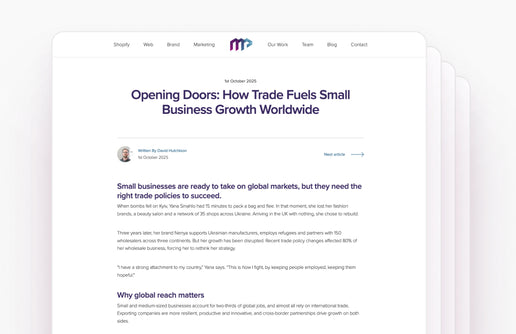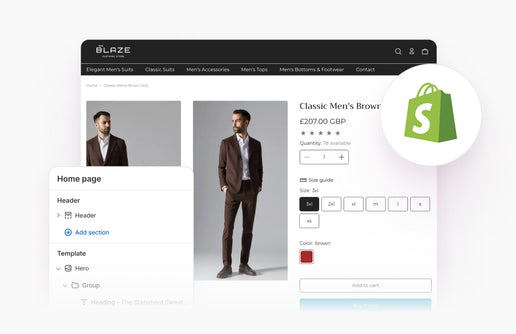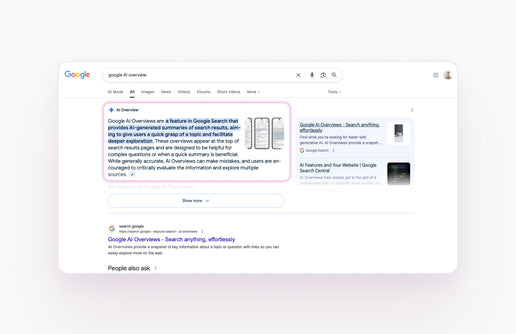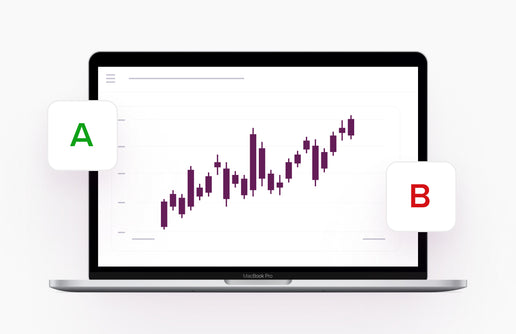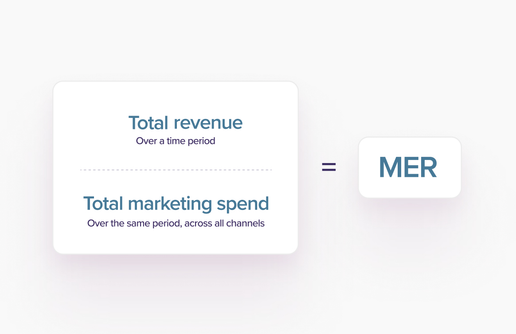Despite what you might have heard about AI completely taking over the organic world, Search Engine Optimisation (SEO) continues to be important. With so much mixed information about what is still relevant and what the best practices are, it’s easy to feel lost. With years of experience in SEO, our team knows what is still relevant, what works, what doesn’t work and even how that has changed over time. The SEO principles that were relevant 5-10 years ago are not the same as what Google’s systems reward now. If you have read or been told any of the below advice, we suggest changing your strategy.
“Use ChatGPT for Blogs”
AI is here and it’s here to stay. So many apps, programmes and websites are now utilising AI in one way or another. While Google is using it now in it’s search results, that doesn’t mean that it will necessarily reward AI content.
In all of Google’s documentation, one of the key points they try to hammer home is that websites should focus on helpful, insightful content. The problem with AI generated content is that it doesn’t add any new information to what is out there already as it’s knowledge bank is fed by existing information. So if you ask it to write a blog on the structure of the brain, it will use existing content to create that blog. Therefore the content it produces does not add anything new to the body of information it already has. So why would Google rank your article above the one that is already position 1 if it doesn’t add anything new?
Yes, Google Gemini and ChatGPT can be useful starting points for idea generation, but the content itself requires a human touch.
“Add More Keywords”
The number of keywords in a piece of content is a fairly outdated SEO strategy. Yes, adding keywords is important and can help Google understand what your content is about, but simply adding more keywords is not likely to help you rank for 2 reasons:
Adding more keywords does not guarantee more helpful content, which is what Google wants to reward. With natural language processing, Google does not just rank based on exact match keywords anymore. If you search for “distillery tour” in Google, you won’t just get results with “distillery tour”. You’re also going to get synonyms of those terms. If someone doesn’t search “distillery tour” exactly, but that is the kind of thing they are looking for, Google will still rank relevant results.
“Guaranteed Rankings”
This one is hopefully self-explanatory, but rankings are not guaranteed. Google is the ultimate deciding factor in what ranks and what does not. Yes rankings can happen, but all SEOs can do is take actionable steps to make it likely that you will rank above others.
If an agency, freelancer or blog is guaranteeing you rankings; run fast and run far. Even in Google Ads, where advertisers are paying Google, having a higher ad budget does not guarantee that your ad will be shown. And if paying more money to Google doesn’t get it to show you, what makes anyone think that they can guarantee non-paid rankings?
“Buying Backlinks” / “It’s All About Links”
There was a time when backlinks were important for demonstrating a website’s authority. But as Google moves towards more AI machine learning for ranking results, links are less important. This is not to say that they are not important at all, links certainly have a place in SEO, but they are not quite what they were.
Links are one way that Google can find and crawl your website, so from that standpoint, links are still a tool in Google’s belt, but there are many more signals that Google will use to gauge a website’s quality.
“You Need To Remove Old Content”
Old content is not the enemy. Unhelpful or outdated content is. For a whole range of queries, you will still see content from 2010-2020 ranking in position 1. This is because they are still the most relevant pieces of content for that query.
Don’t spend time deleting blogs just because it is more than 3 years old as you could be deleting something that Google is ranking highly for certain queries. Instead, dedicate a portion of your month to updating content to ensure it is still relevant and reflects the current state of that topic.
“SEO Is Dead”
SEO is not dead. Search engines still exist don’t they? And they still get their content from somewhere. SEO is still needed. It’s just an adjustment of strategy as opposed to a complete obliteration of the SEO industry.
How can you make sure that Google’s AI overview still shows content from your website over your competitor’s? AI overviews don’t exist for every query, there are still plenty of queries where websites are ranking. Will AI take over for every query? Who knows. It is possible that Google will develop systems that allow you to buy products straight from the search results page. It is likely that AI’s role in how people use the internet will increase, but the rate at which it will increase depends on the quality of the AI experience that users get.
What Can We Do For You?
As your SEO agency, we keep up to date with what Google wants to reward, and what previous best practices are now outdated SEO strategies. With the introduction of AI, yes, Google is using it more in it’s search results and rankings, but there is still a place for SEOs in the marketing world and there will be for years to come. The generic use of AI to mass produce content is unlikely to give your users a better experience than content written by experts in their field. AI knows what it knows, but it doesn’t know what it doesn’t know. If you have been told or read any of the above points by an agency, freelancer or a blog, it’s not too late.


